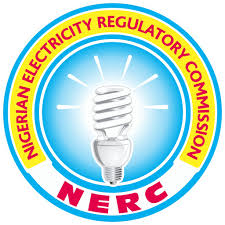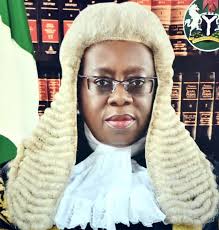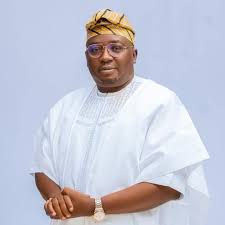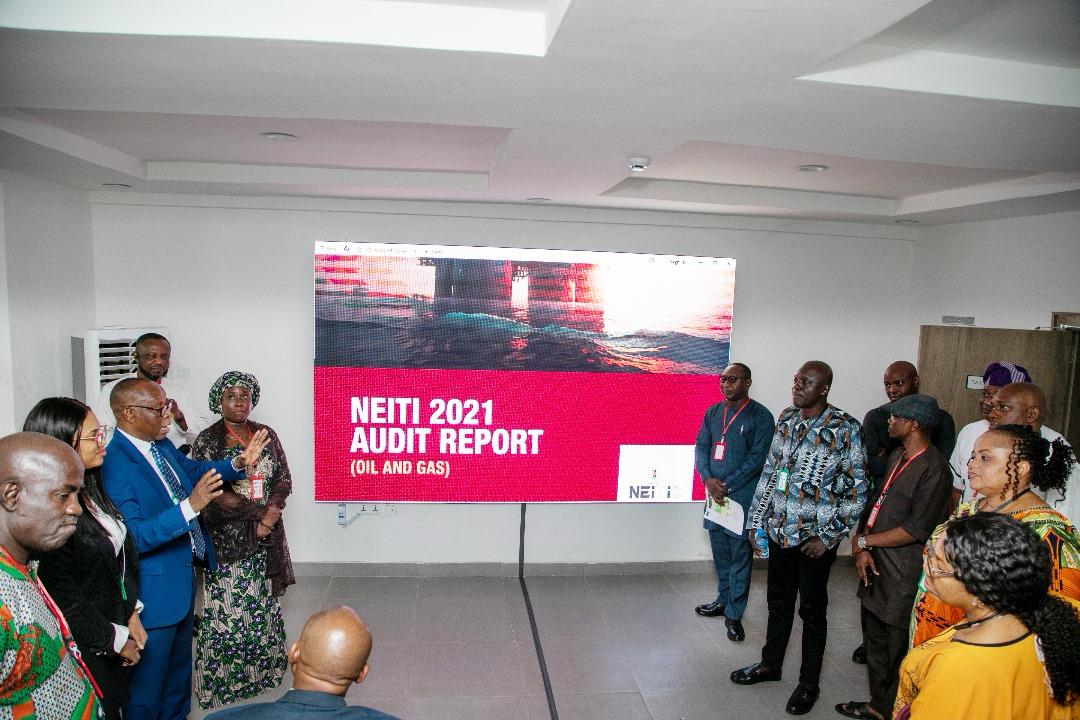
We’ll Embark On Strike If Police Detain Ajaero-NLC
Mohammed Shosanya The Nigerian Labour Congress has threatened to down tools nationwide if the Nigeria Police detains its President, Comrade Joe Ajaero. The union expressed thus on Tuesday, morning at its headquarters,after















